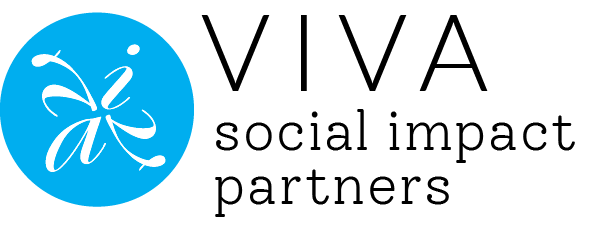
It can be complicated to build effective community services and resources, especially when it comes to serving young children. But, fear not! When it comes to effective service development, there is huge untapped expertise available at your fingertips: the people you serve. We prioritize understanding the experiences of the people and communities being served across our social impact work and help our clients develop equitable approaches to building effective relationships with their communities.
A couple of years ago, our client, Help Me Grow Inland Empire, prioritized family engagement, but needed support to choose the best approach to engaging families within its work. We led an extensive landscape analysis project to identify opportunities. Through our Family Landscape Analysis we developed 7 key best practices for family engagement:
-
Conduct monthly parent workshops with clear actions and learnings for parents:
These sessions legitimize the existing network of resources and cultivate trust, reliability, and resource sharing that keeps parents feeling comfortable. Having a consistent touchpoint provides a way for families to ease themselves into (sometimes tough) conversations while being a part of a very comfortable, very human community.
-
Inclusive and culturally responsive communications and marketing materials:
This is a question that SO many leaders in the space are grappling with right now. VIVA creates inclusive messaging and materials that meet the contours of your very specific communities. Community engagement is crucial to understanding what inclusive and culturally responsive communications actually are. It is imperative to make sure that the resources you offer are available to everyone who can benefit from them.
-
Careful consideration of language and visuals to engage fathers and make engagement welcoming:
So many family communications fall into pitfalls and tropes that do not engage every member of the family and don’t benefit children. For so long, mothers have performed a majority of the childcare, in general. But, there are so many fathers who are trying to change this, and it's important to meet their needs with materials that speak to them. Representation matters, across the board. To cultivate the systemic equality we want to see, leaders should establish systemically equal norms.
-
Home-based services to families can facilitate parent partnerships:
When we say meet people where they are at, parents said, “no really–here is my address.” Many parents shared that they are more likely to participate in screenings or services that they are able to do from the comfort of their own homes. Makes sense to us!
-
Scaffolding the family’s interests can help maintain parent engagement:
Your ask of families and parents needs to be framed in their interests. Their children and their lives should be the center of parent engagement.
-
Providing incentives to show appreciation and value of parents’ time:
People’s time is valuable. Pay them for it.
-
Capacity building for parents to learn how to share their stories can be impactful for parents and systems change:
Since parents are their own best advocates, they need the tools to share their stories with the leaders and change-makers that hold so many of the resources available to their communities. Those closest to the problems are closest to the solutions, and you have the opportunity to help parents tap their own power and lead their own systemic change.
By engaging parents, we were able to get straight to the core of what they need. They were able to create a bold, intentional shift to parent power and find out what families are missing.
Are you grappling with big questions? Take a look at some of the ways we have found answers.
Contact us if you are interested in learning more about our equity-centered community engagement.
